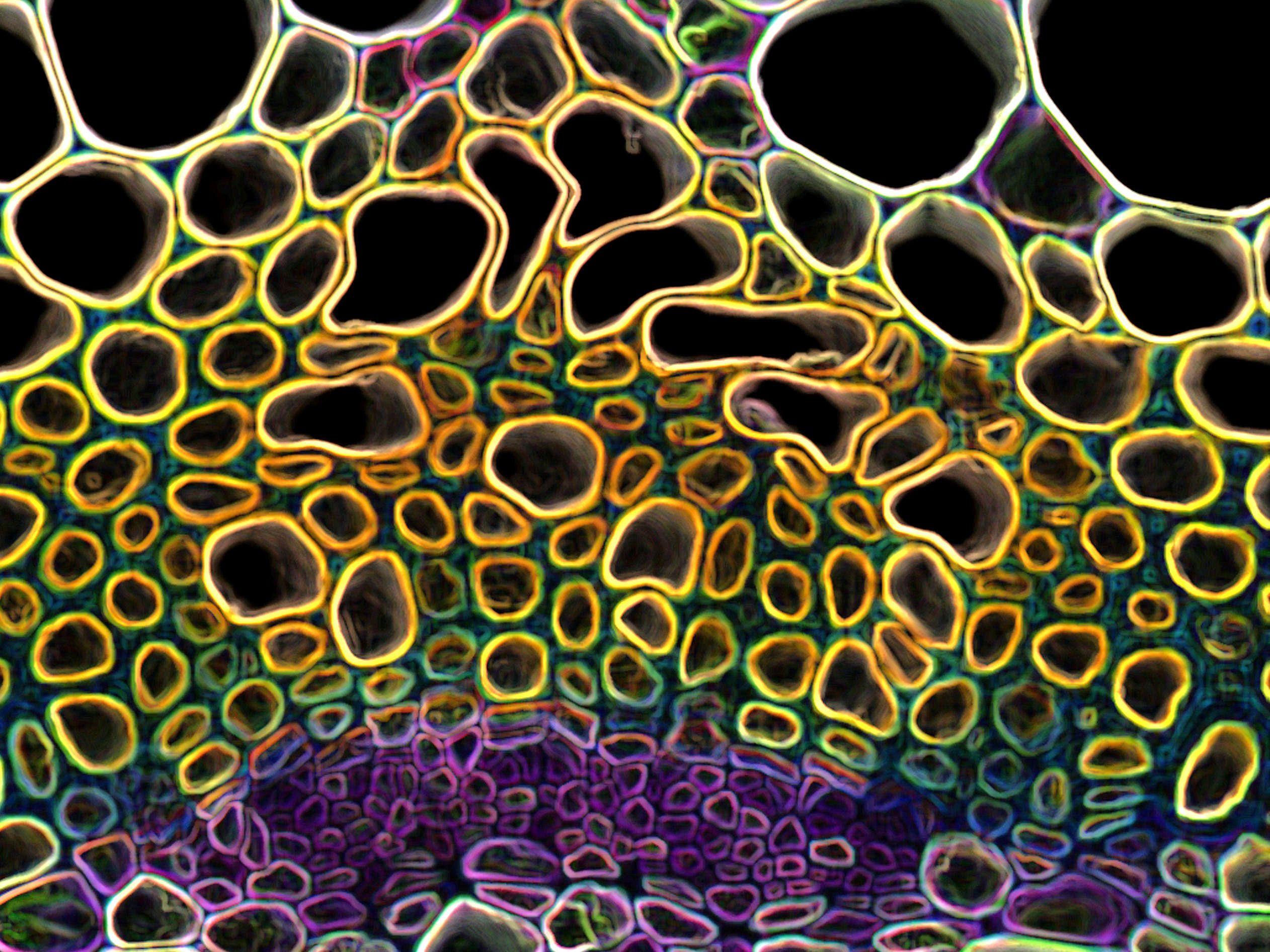Nanocellulose on the advance?

Review of the "Nanocellulose" workshop (DP 3), 13 January 2016, WICOR Holding AG, Rapperswil
In science and industry, nanocellulose is fast gaining a reputation as the super material of the future. At a workshop held as part of NRP 66, representatives from industry, research and the authorities met in mid-January 2016 to discuss how the industrial exploitation of this material could be driven forward in the future in Switzerland.
WICOR Holding AG in Rapperswil provided the ideal setting for the workshop held on 13 January 2016 entitled "Nanocellulose: The next big thing? Or still a bit thin?" The event began with CEO Franziska Tschudi and Wolfgang Exner from WICOR Holding explaining the broad range of activities carried out by the Rapperswil-based company to the twenty or so experts present at the workshop. WICOR is currently making a name for itself in the timber sector thanks to its investments in cellulose production. Tanja Zimmermann (EMPA) and Christoph Weder (Adolphe Merkle Institute), who prepared the NRP 66 event together with the team from WTT, then gave an enthusiastic introduction to the subject by presenting a brief outline of the current state of international research and highlighted the main areas of application for nanocellulose.
Led by Martin Riediker (President of the NRP 66 Steering Committee) and Thomas Bernhard (WTT team), a lively debate on the strengths and weaknesses of Switzerland as a research and industry location followed, with the participants also discussing the major factors involved in successfully increasing the use of wood-based nanocellulose. Key concepts mentioned during the debate included a lack of reliable specifications and/or standards, high production costs (for low quantities), scepticism about "anything nano" and the generally weak level of funding for start-ups compared with abroad.
At the same time, the experts made reference to Switzerland’s acknowledged strengths and to the geographical proximity and variety of the research and development skills present in Switzerland. Several experts felt that if this expertise were used sensibly to develop production processes and specific applications, it would be possible to produce and use nanocellulose on a competitive basis in Switzerland in the future.
